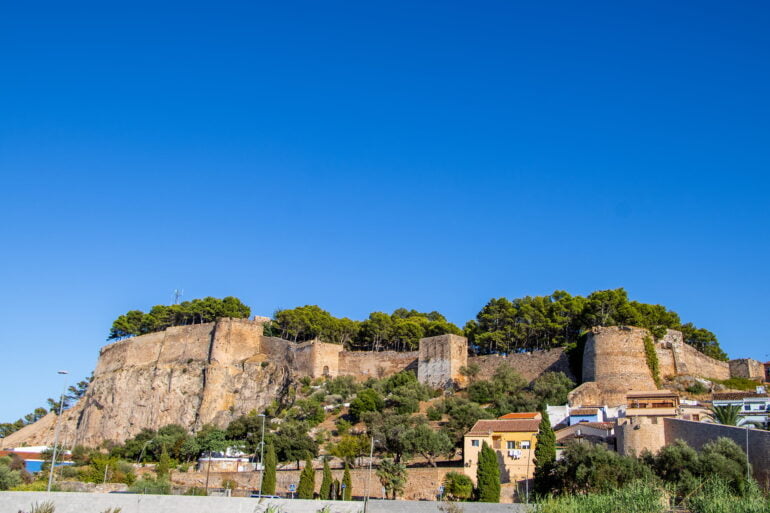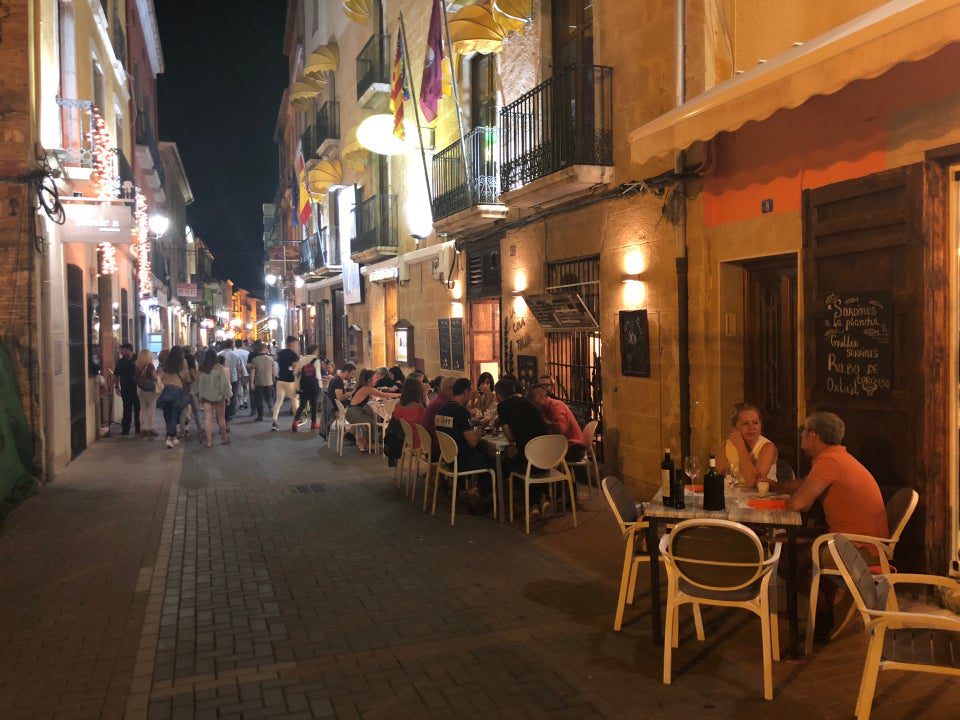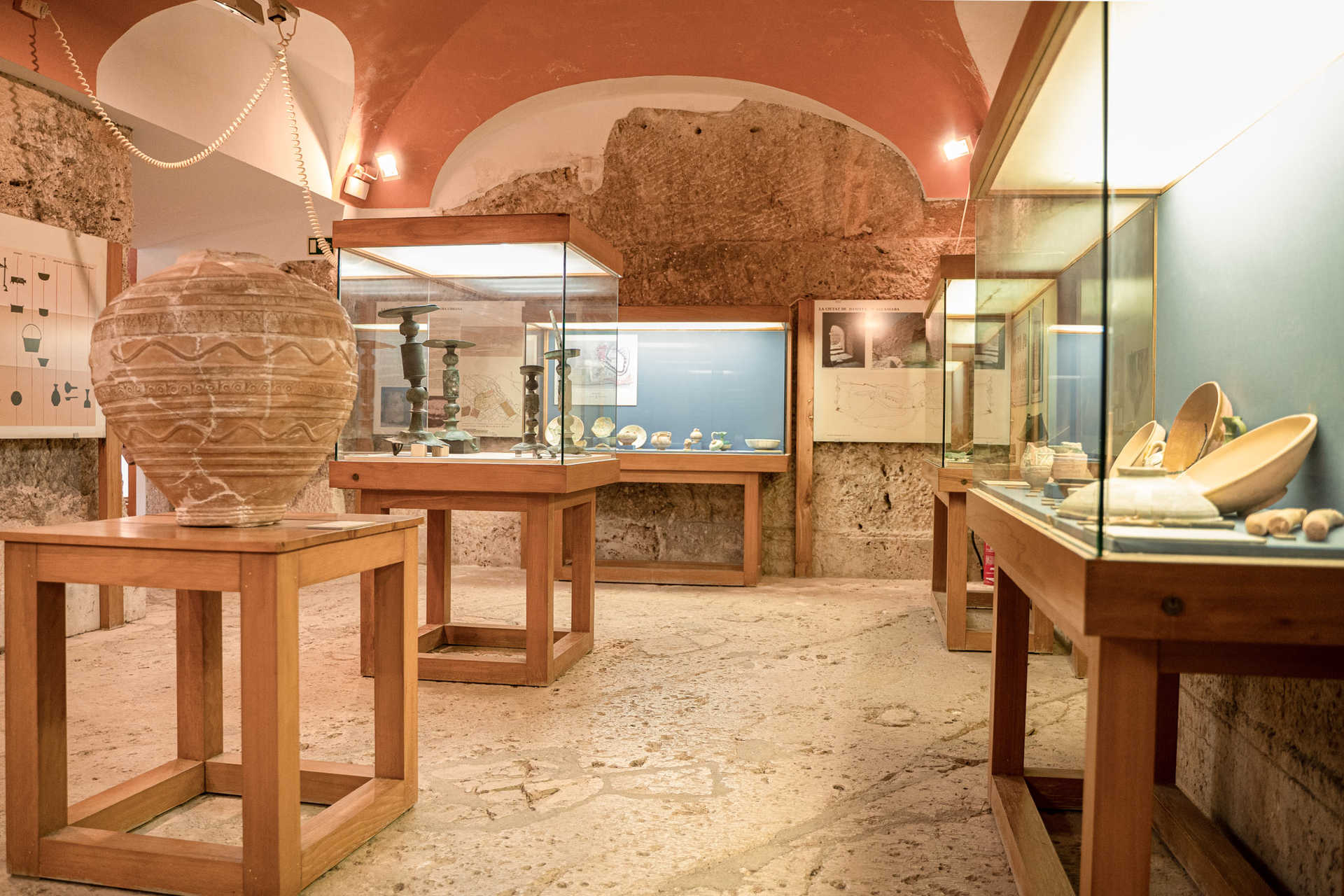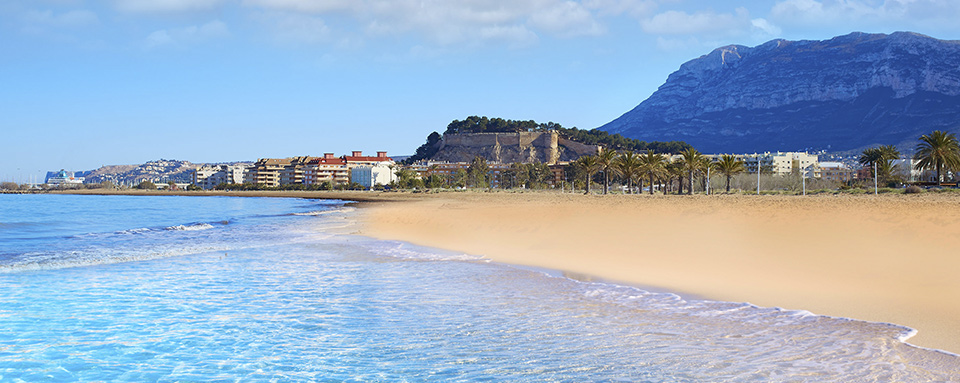
Dénia
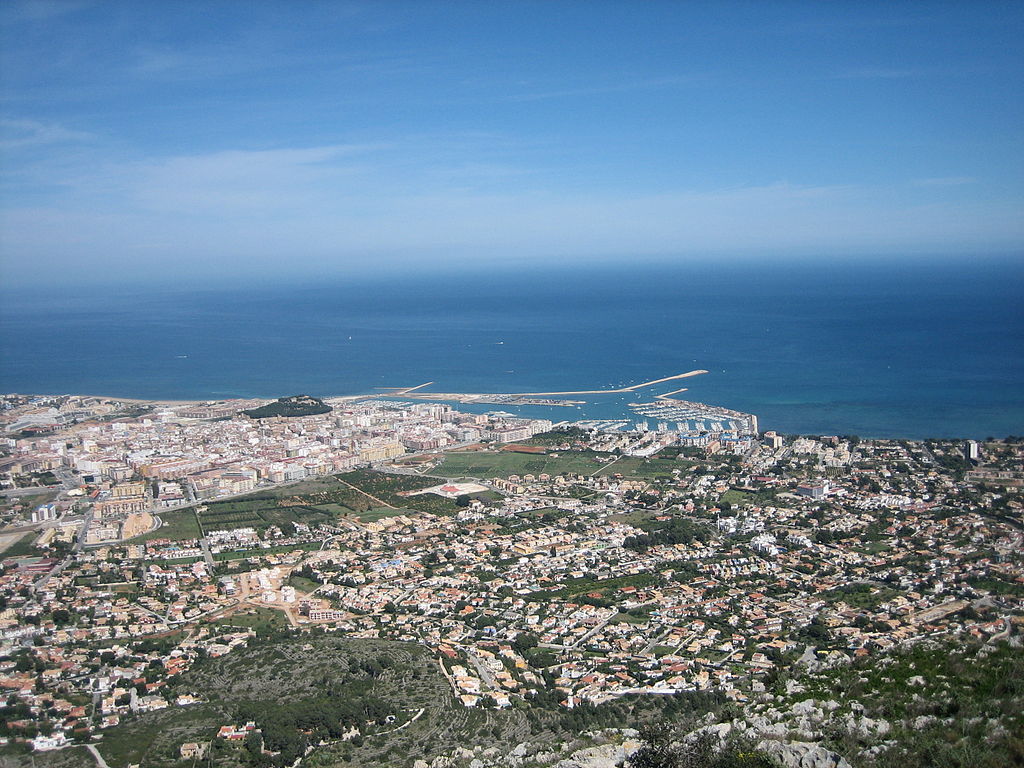
Dénia Today
Dénia is a historical coastal city in the province of Alicante, Spain, on the Costa Blanca halfway between Alicante and Valencia, and the capital and judicial seat of the comarca of Marina Alta. Denia’s historical heritage has been influenced by many civilizations.
It has a population of 49,700, although this is more than quadrupled by tourism during the summer months.
The city has an area of 66.2 square km and an elevation of 22 m. It has Mediterranean climate with yearly average maximum and minimum temperature of 23° C and 14 °C respectively. The gentilic in Spanish is Dianense.
History
The history of Dénia extends for more than 2000 years. Many civilizations were established here: There is evidence of habitation since prehistoric times and afterwards, Iberians, Phoenicians, Greek, Romans, Visigoths, arab Muslims, and Christians again after the Reconquest. During history, Dénia has been an important port in the Mediterranean Sea. Click in the link above to have a more comprehensive view of its history. It is interesting to visit the Archeological Museum, in the Castle and the Ethnological Museum on Cavallers street,1.
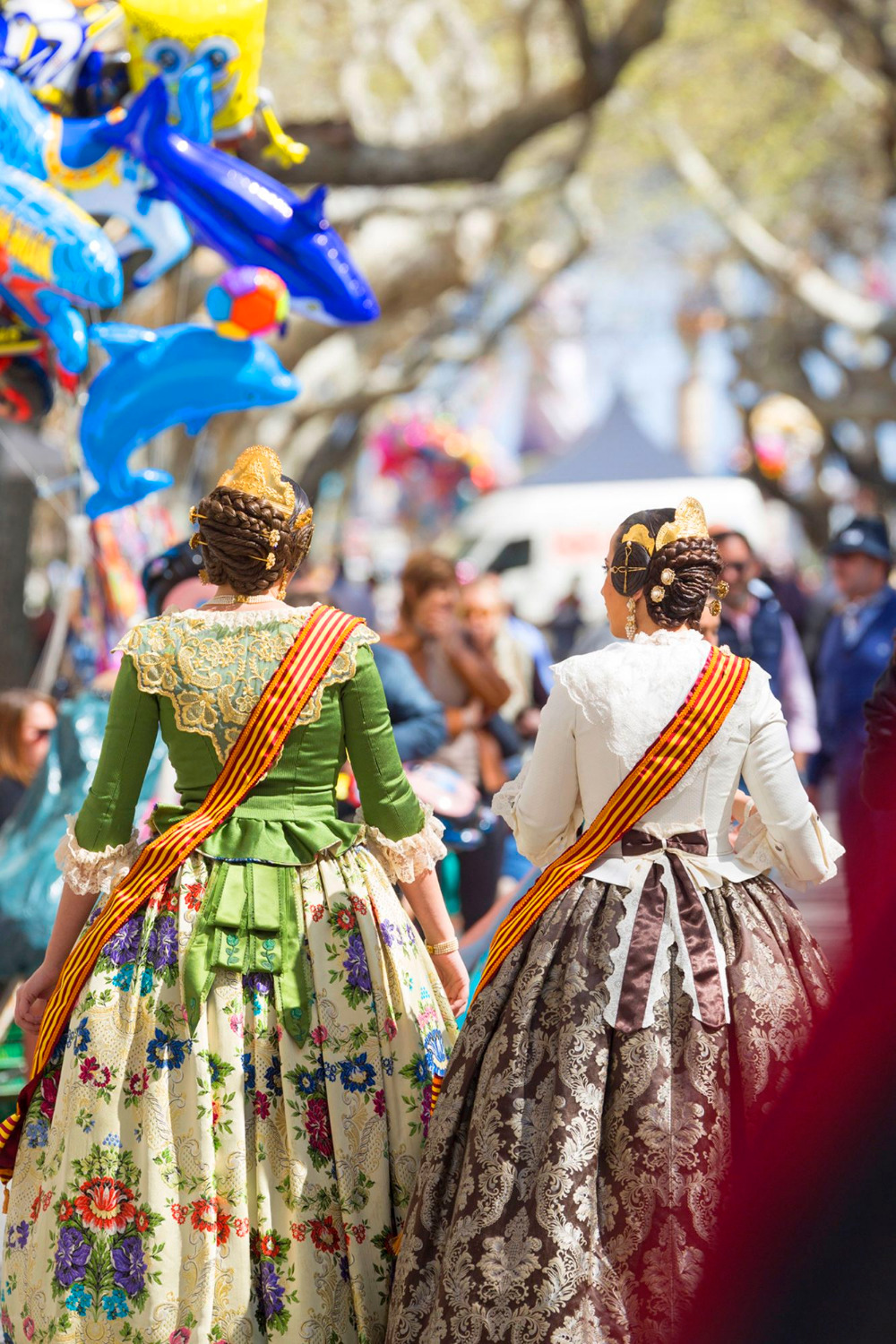
Festivities
There are several festivities in Dénia during the year that worth to plan attending. The most important is Las Fallas ending on March 19th (St Joseph), a massive celebration where typical dresses are worn and lots of gunpowder as firecrackers and fireworks is burnt. Big handcrafted monuments made during the year are also burnt. On June 24th, is the celebration of the festivity of Saint John with bonefires in the beach. The Moors and Christians representation celebrated in August, is a festival in which the conquests and encounters between Christians and Muslims in the Iberian Peninsula are remembered each year, representing a part of the history of many localities. The Bous a la Mar (beginning of July, lasting 9 days), is part of the Fiesta Mayor. It is a festivity in which bulls run in a closed space in a pier chasing people that try to fool the bull in such a way that the bull can fall to the seawater. Afterwards, the bull is rescued by a boat. Click the link on top for more information. Not good for sensitive people.
Gastronomy
Gastronomy is the defining characteristic of Dénia and provides a direct link to its citizens, its history and cultural identity. The City of Gastronomy designation by UNESCO celebrates the culinary traditions and innovations of its people. There are more than 300 bars and restaurants in Dénia where you can enjoy its gastronomy specialized in rice and seafod dishes such as paella and arròs a banda (a rice and fish dish), l’espencat (red pepper, aubergine and cod salad), pulpo seco (dried octopus), gamba roja (Dénia’s red prawns) and suquet de peix (fish stew). Arròs del senyoret is a rice dish with seafood already shelled, in order not to dirt the hands of the young gentlemen. There are many restaurants near to your location on Loreto Street and surroundings, serving Mediterranean and international dishes. There are wineries and cellars in towns nearby producing fine wines and specialty wines, offering guided visits and wine tasting.
Cultural Activities
There are always a variety of cultural activities in Dénia to attend. Besides the festivities and permanent exhibitions in museums such as the Ethnological and Archeological Museums, there are many cultural events such as music concerts, theater, folkloric dances, literary encounters, historic ceramic exhibitions, sports activities (races, biking, running, marathons, athletism, etc.), food festivals, archeological conferences and story tellers for children, among others. To find current cultural events consult here.
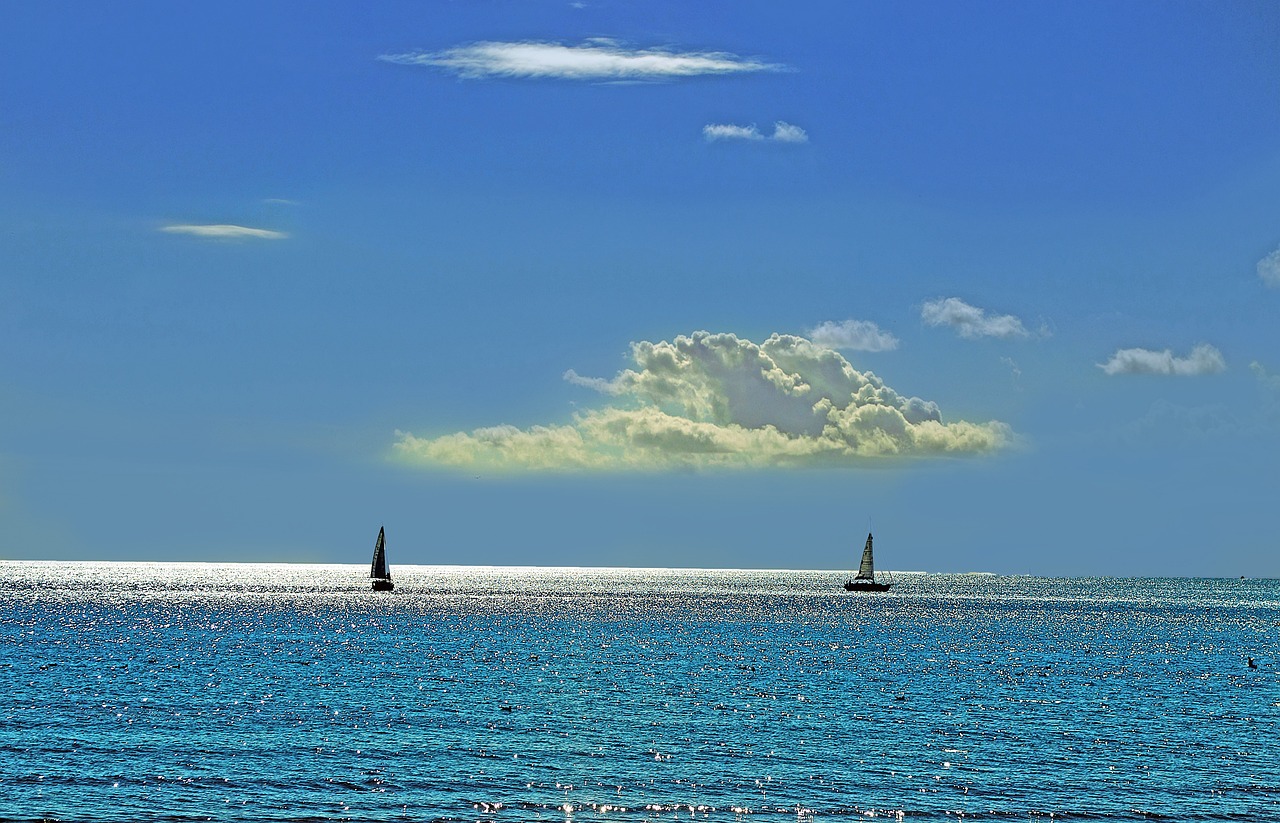
Contact Us
Weʼre here for you!
Do not hesitate to contact us if you need.

